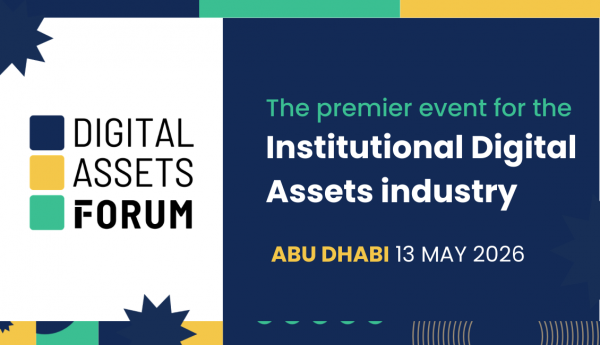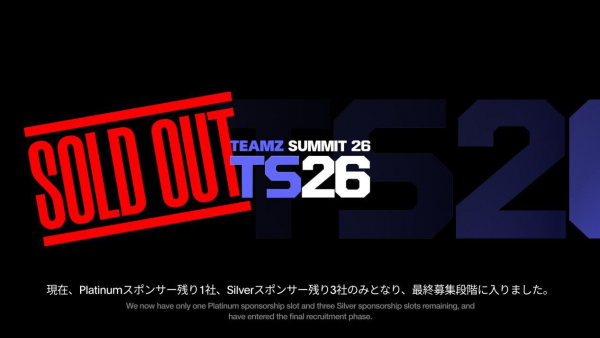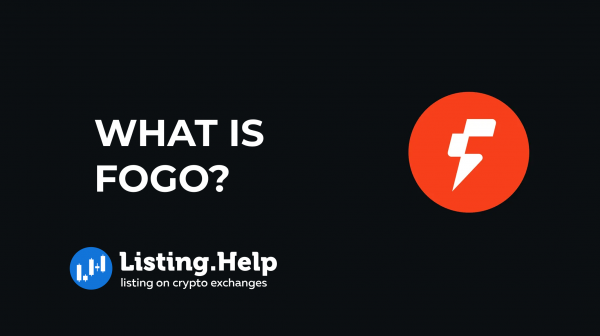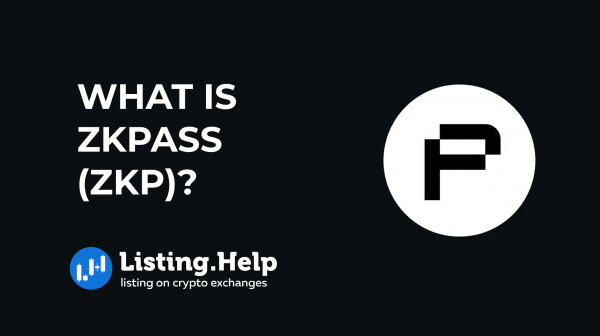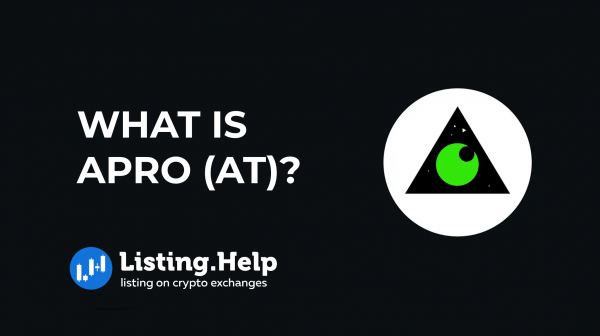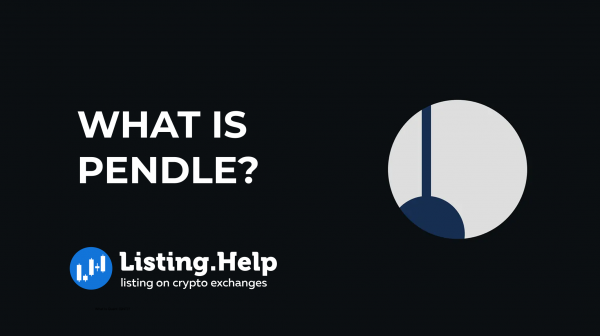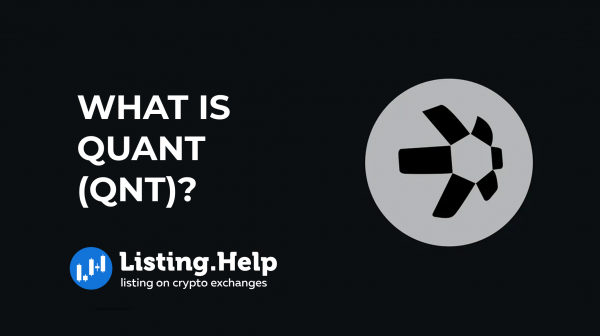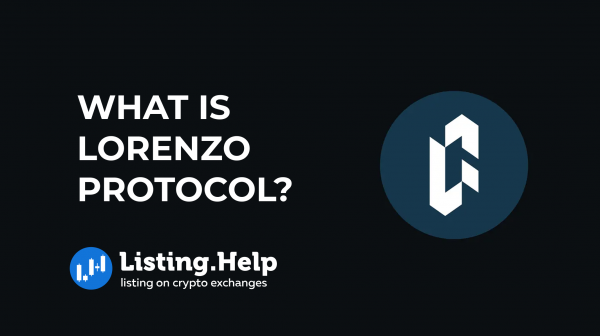What is Optimism (OP)?
 September 15, 2025
September 15, 2025 Updated: September 15 2025, 12:47
Updated: September 15 2025, 12:47
LEAVE A REQUEST
Launching your own token project? Our experts are ready to help with listing on exchanges, market making, marketing and other solutions
SUBMIT APPLICATIONOptimism is a Layer 2 scaling system for Ethereum that relies on optimistic rollups to cut costs and speed up transactions. Instead of processing every step on Ethereum itself, it executes activity off-chain and submits summaries back to the main chain. This reduces pressure on Ethereum while still securing activity through Ethereum’s base layer.
The network was originally called Optimism but now operates under the name OP Mainnet. What began as a single chain has expanded into the foundation of the Superchain, Optimism’s broader vision of interconnected Layer 2 networks built with the OP Stack, a shared, open-source framework.
How Optimism (OP) Works?
On OP Mainnet, transactions first pass through a sequencer, which organizes them and groups them into bundles. These bundles are then submitted to Ethereum as state commitments. The design assumes commitments are valid, but to safeguard the system, a seven-day challenge period is enforced. Anyone can submit a fraud proof during this window. If a proof succeeds, the transaction is corrected and the dishonest actor is penalized. If no disputes are raised, the commitment is finalized.
This process delivers lower costs and faster confirmations than Ethereum, though withdrawals back to Ethereum require up to a week to allow for the challenge window. Liquidity services and cross-chain bridges can shorten that time but introduce extra fees and third-party trust.
The Superchain Vision
The Superchain represents Optimism’s long-term plan for a network of OP Chains functioning as one. While still under development, it marks a key stage in the roadmap. The entire framework is built on the OP Stack, which standardizes how new Layer 2 blockchains are deployed and maintained.
OP Stack
The OP Stack is modular and open-source, supporting OP Mainnet and other chains in the ecosystem. It gives developers a consistent set of tools to build their own Layer 2 solutions. The latest release, Bedrock, enables production-ready optimistic rollups and ensures compatibility with the future Superchain. Beyond infrastructure, the OP Stack also offers governance modules, interoperability tools, and developer resources, positioning it as a complete framework for Layer 2 development.
OP Chains
OP Chains run the governance-approved version of the OP Stack. They benefit from shared upgrades, security alignment, and seamless integration with upcoming Superchain features. For users, this means easier and cheaper transfers between chains. For developers, OP Chains provide a ready-made structure for launching new blockchains faster and with less need for custom architecture.
Ecosystem
Several projects already use the OP Stack and support the Superchain vision:
- OP Mainnet: the original chain, first to integrate into the Superchain.
- Base: a Coinbase-developed Layer 2 optimized for cost and developer access.
- Unichain: focused on decentralized finance.
- Soneium: built by Sony Block Solutions Labs, aimed at entertainment and digital services.
Each contributes a portion of revenues to the Optimism Collective, which manages governance and funding across the ecosystem. The model is designed to create a cycle where ecosystem growth fuels further innovation and community support.
Trade-Offs
Sequencer centralization
Currently, OP Mainnet transactions are ordered by a centralized sequencer. This provides quick confirmation times but creates the risk of downtime or censorship. Decentralizing this role is part of the long-term roadmap, though not yet achieved.
Withdrawal delays
The enforced seven-day withdrawal period is another limitation. Workarounds exist but come with added cost and reliance on third parties. In comparison, zk-rollups use cryptographic proofs, which allow faster withdrawal finality without challenge periods.
What is the OP Token?
The OP token governs the Optimism ecosystem and supports the Optimism Collective. Its functions include:
- Governance: holders vote on upgrades, funding, and priorities.
- Protocol direction: delegates can approve or reject changes.
- Funding allocation: governance decides how resources are distributed, including grants and budgets.
- Delegation: holders can assign their voting power to community members.
Revenue from the sequencer is reinvested, with portions directed to public goods and ecosystem incentives. Builders are supported through retroactive funding, and users benefit from ongoing OP airdrops.
The OP token is listed on many platforms, including BingX, HTX, Bitfinex and WEEX. If you’re looking to list your token on similar platforms, understanding the token listing process and crypto exchange listing fees is essential.
Conclusion
Optimism extends Ethereum’s capabilities by reducing costs and improving throughput with optimistic rollups. Through OP Mainnet and the OP Stack, developers gain a standardized path for launching OP Chains. The long-term objective is the Superchain: a connected network of OP Chains offering interoperability, shared governance, and infrastructure designed to support applications at scale.

For more insights and updates on the crypto world, don’t forget to check out our blog at Listing.Help.




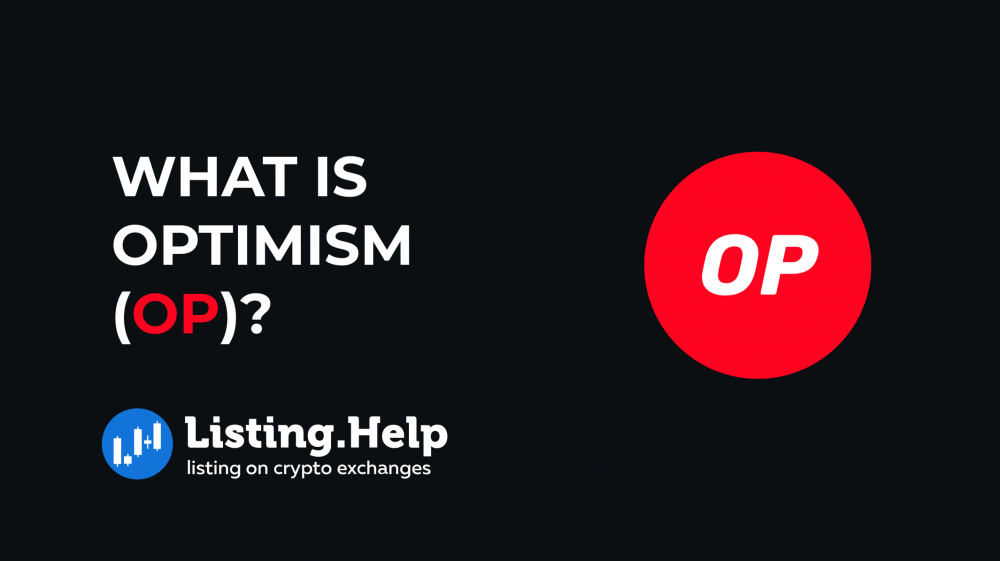

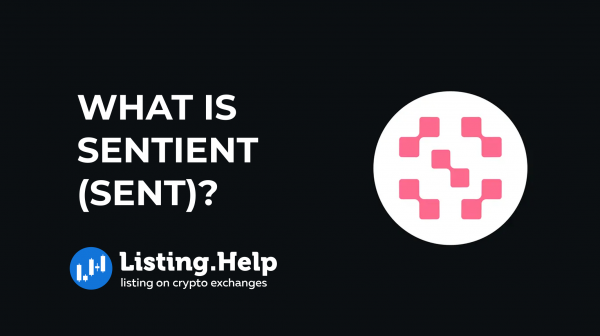
 March 3, 2026
March 3, 2026 